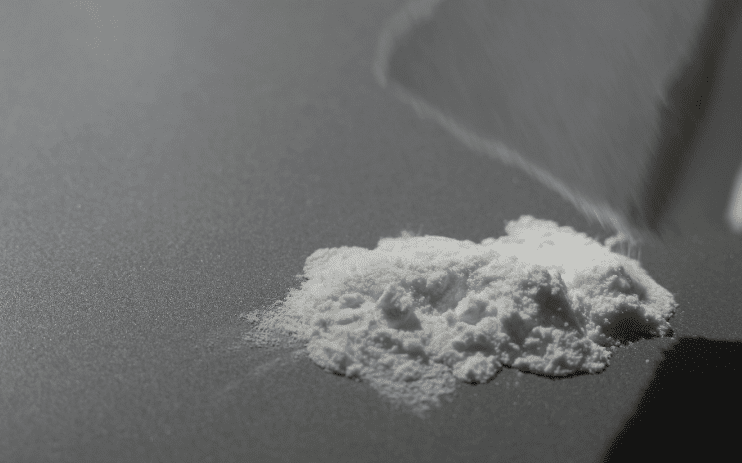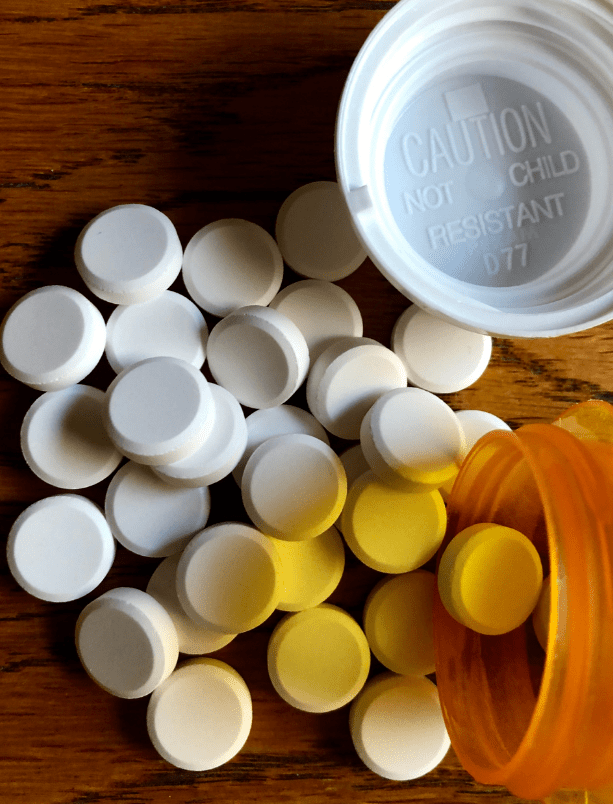Top 5 Most Abused Drugs in North Carolina
Tragically, drug abuse has increased in North Carolina. The COVID-19 pandemic has only made matters worse. It’s important that you are aware of the signs and symptoms of drug abuse and addiction so that you can protect those you care about. At Oasis Recovery, our professionals know how to help those in need. If you or your loved one is struggling with addiction, we encourage you to reach out to one of our specialists for more information about our drug addiction treatment programs that are tailored to meet the needs of each individual client.
Top 5 Most Abused Drugs in North Carolina
1. Alcohol
Much like the rest of the country, alcohol is one of the most abused substances in North Carolina. Alcohol abuse has been on the rise in NC since 2012 and is the third leading cause of deaths statewide. In 2017, about 4000 individuals died from alcohol-related incidents. Deaths from alcohol are too often the result of car accidents, drowning, and alcohol poisoning.
The long-term effects of alcohol abuse are known to cause many severe issues including:
- Liver disease
- Stroke
- Several types of cancer
Drug and alcohol deaths accounted for more than 1/3 of deaths in North Carolina in 2017.
2. Opiates
The opioid epidemic has ravaged the United States and North Carolina is no exception. Prescription opiates are often where individuals first form a substance abuse disorder with opioid-related drugs.
In some cases, when a doctor refuses to provide more prescriptions, those who have formed a psychological or physical dependency will turn to street drugs like fentanyl, which can be taken orally or sublingually, snorted, smoked, or injected intravenously.
Heroin is still commonly mentioned in everyday conversation about opioids and opiates, however, in most cases, fentanyl, a synthetic opiate, is the drug that is actually being abused. In fact, fentanyl is a drug that is often found in most forms. Street fentanyl and related opiates are particularly dangerous as they are often cut with a mixture of uppers (stimulants) or downers (benzodiazepines or tranquilizers).
3. Cocaine
Cocaine is a common form of drug abuse in North Carolina. Notably, cocaine is responsible for the most significant number of deaths due to accidental poisoning as a result of drug abuse.
Cocaine is highly addictive and those who use cocaine often binge on the substance. Cocaine is often written off as a lesser concern because it does not have the same stigma as crack. It’s important to keep in mind that crack is essentially the same substance as powder cocaine. Crack has a higher potential for addiction sometimes due to the intensity of the high and because the euphoric feelings are short-lived.
Habit formation, psychological and physical dependence, can happen extremely quickly for those abusing either powder cocaine or crack. This is partly because the withdrawal symptoms are unpleasant resulting in individuals seeking more and more time seeking the substance as a form of habit maintenance. For these reasons and more, it’s essential to break the cycle of abuse as fast as possible. Intensive Outpatient Programs (IOP) are often effective for treating cocaine addiction once clients have undergone detox.
Medically-supervised detox is recommended for those who have a moderate to severe cocaine addiction as the withdrawal can be unpleasant. Inpatient detox is also recommended for reasons of medical safety. In a treatment facility, trained medical staff is available 24/7 in case of an emergency as a result of withdrawal. Withdrawal can be taxing on both the mind and the body and undergoing detox in the safety and security of a treatment center provides a sense of comfort and relief.
4. Methamphetamine
Methamphetamine, or “meth”, is one of the most commonly abused drugs in North Carolina. Meth can be inexpensive and made using cocktails of prescription medications and over-the-counter pills. Meth often contains filler material that is extremely toxic and hazardous to the health of those who abuse this substance.
Chemicals that are often found in meth include but are not limited to:
- lighter fluid
- battery acid
- ammonia
- ether
- drain cleaner
- paint thinner
- rubbing alcohol
- engine cleaner
The long-term effects of meth are particularly disturbing and many of these effects are irreversible. Common long-term effects of meth use can include:
- Tooth decay
- Tooth loss
- “Meth mouth”
- Heart problems
- Organ failure
- Memory loss
5. Prescription Drugs
Prescription medications are among the most commonly abused drugs in North Carolina and throughout the United States. Experts believe this is partly due to their ease of availability. Doctors and pharmacists need to increase their due diligence to make sure that individuals are not “doctor shopping” (obtaining prescriptions from multiple doctors and filling prescriptions at multiple pharmacies in order to obtain larger quantities of the drugs). Doctors, pharmacists, and the general public need greater awareness that prescription drug abuse can be just as serious and has equal potential for addiction and negative consequences as misusing and abusing illegal substances.
Commonly abused prescription medications range include amphetamines that are prescribed for legit reasons to those who struggle with issues like Attention-Deficit Hyperactivity Disorder (ADHD) and narcolepsy. Examples include:
- Adderall
- Ritalin
- Concerta
Sedatives or barbituates like sleeping pills, tranquilizers, and hypnotics are commonly abused. Examples of these medications include phenobarbital and Ambien.
Benzodiazepines, or “benzos”, have a high potential for addiction, especially when combined with other drugs like alcohol, marijuana, or opiates. Common benzos include:
- Valium
- Xanax
- Ativan
- Klonopin
Creating awareness about the addictive potential of pharmaceuticals is an important part of drug abuse prevention.
Contact Oasis Recovery to Learn More about Drug Abuse Recovery Programs in North Carolina
We encourage you to reach out to us at Oasis Recovery and speak with a specialist who can assist you with any questions you may have about our personalized treatment plans to help you or your loved one have lasting recovery.
Remember, recovery is always possible. We look forward to helping you get back to living your best life. Contact us today for information about drug addiction treatment and to learn more about relapse prevention for lasting sobriety.











